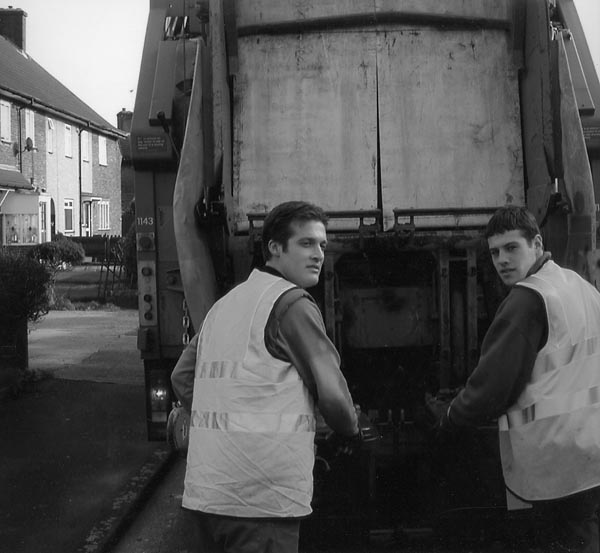Council pay impasse
WORKERS, FEB 2013 ISSUE

Three years of a pay freeze in local government coupled with an estimated 65,000 job losses in the past 12 months and attacks on terms and conditions covering everything from weekend enhancements, shift allowances and overtime to mileage rates, car allowance and contracted hours, etc – it all adds up to a grim picture for local government workers.
Pay negotiations are at an impasse, with a theoretical 1 per cent pay offer plus strings – the strings being even more cuts and moves locally to try to undermine existing national agreements. The Twitter campaign and postcard lobbying over pay has obviously not got the employers quaking in their boots.
Initial analysis of workers receiving benefits to top up low wages shows over 800,000 receiving Council Tax benefit and over 900,000 receiving Housing Benefit – 93 per cent of all new Housing Benefit claims are now from workers in work. As many as 60 per cent of the workforce could be in receipt of some form of “benefit” – housing, childcare etc.
So workers face a real reduction in income: with the value of local government workers’ wages having dropped by at least 13 per cent since 2009, the reduction in state benefits, mounting debt and rising utility, food and transport costs will mean very hard choices. Either workers will re-learn how to fight for wages or face ever-growing impoverishment.
There is an eerie silence within the trade unions as straws are clutched at: the living wage, fair-pay-now campaigns, appeals to the conscience of Coalition ministers. More than ever we are going to have to delve into our history and recognise that we have been here before. Nothing has changed in the stone hearts of employers and Cabinet members. The resolution rests in our hands and our thinking: getting organised and picking our time and place for a fight. ■